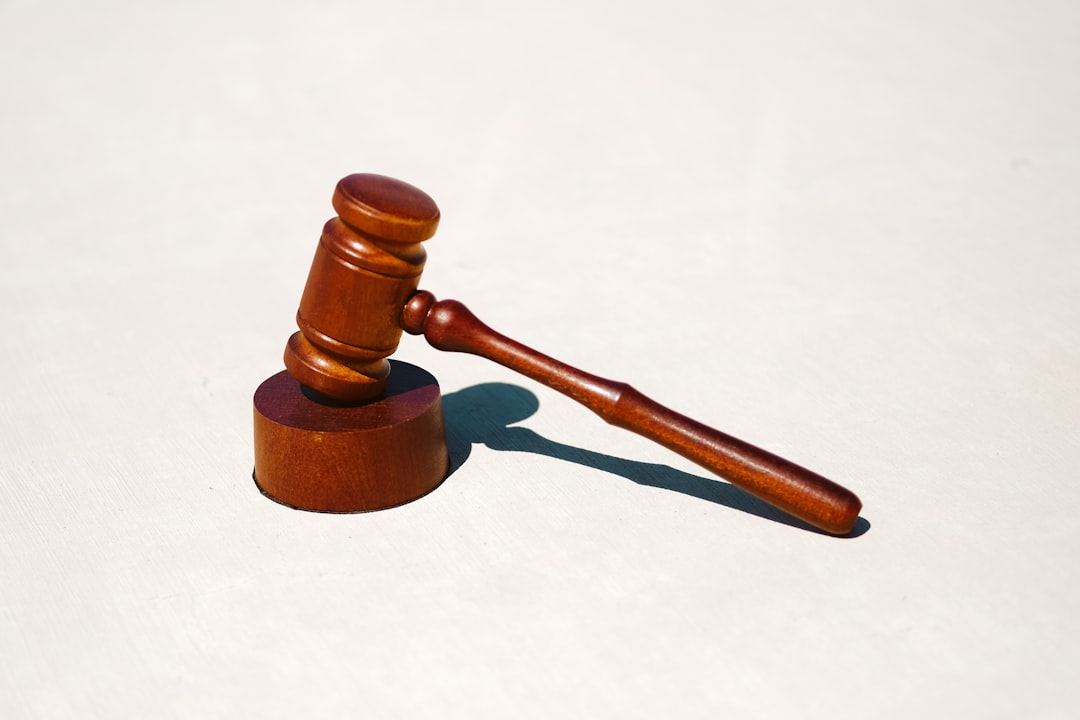In Colorado, especially in Denver, strict sex offender registration laws aim to protect communities by demanding regular updates from registered offenders. Rape lawyers assist clients in navigating these complex regulations, ensuring accurate and timely registration to protect rights and avoid legal issues. Their expertise is crucial for individuals post-conviction, as proper navigation of the state's database, including biometric data, can impact future prospects and quality of life while upholding community safety. Key services provided by rape lawyers Colorado include guidance through registration procedures and advocacy for clients' best interests.
“In Denver, as across Colorado, sex offender registration laws play a critical role in public safety. Understanding these stringent requirements is essential for individuals convicted of sexual offenses. This article guides you through the intricate web of regulations, highlighting the pivotal role that rape lawyers in Colorado play in navigating these laws effectively. We’ll also explore post-conviction procedures, focusing on Denver’s sex offender registry, to ensure full compliance and mitigate potential risks.”
Understanding Sex Offender Registration Laws in Colorado

In Colorado, sex offender registration laws are designed to protect communities and provide transparency regarding individuals convicted of sexual offenses. These laws require registered sex offenders to update their information regularly, including changes in address, employment, or education. Failure to comply can result in severe penalties, emphasizing the importance of understanding these regulations.
Rape lawyers Colorado often assist clients navigating these complex legal requirements. They help ensure that individuals fulfill their registration obligations accurately and timely, protecting their rights while adhering to state laws. Understanding the specifics of sex offender registration is crucial for maintaining compliance and avoiding potential legal consequences.
The Role of Rape Lawyers in Navigating These Requirements

In Denver, sex offender registration requirements are stringent and complex, designed to protect communities while ensuring fairness for individuals facing these charges. Rape lawyers in Colorado play a pivotal role in navigating these intricate legal landscapes. They guide clients through the registration process, helping them understand their obligations and rights under the law. With expertise in sexual assault cases, these lawyers ensure that their clients’ rights are protected throughout every stage of the registration procedure.
Rape lawyers also advocate for their clients’ best interests, often negotiating with authorities to secure more favorable conditions or waivers where applicable. Their knowledge of state laws and policies enables them to offer strategic advice tailored to each individual’s unique circumstances. This support is invaluable, as proper navigation of sex offender registration requirements can significantly impact a person’s future opportunities and quality of life.
What Happens After Conviction: Denver's Sex Offender Registry Procedures

After a conviction for a sex offense in Denver, Colorado, individuals are subject to specific registration requirements as part of the state’s sex offender registry. These procedures are designed to ensure public safety and provide crucial information to communities at risk. Registered sex offenders must update their personal details, including address changes, regularly with law enforcement agencies. This ongoing obligation is a critical aspect of Denver’s sex offender management system.
Rape lawyers in Colorado often assist clients post-conviction by guiding them through the registration process, ensuring compliance with local and state laws. The registry procedures involve comprehensive documentation, including providing biometric data, such as fingerprints and photographs, along with relevant criminal history information. This data is then entered into the state’s database, making it accessible to law enforcement, schools, and the general public for safety purposes.






